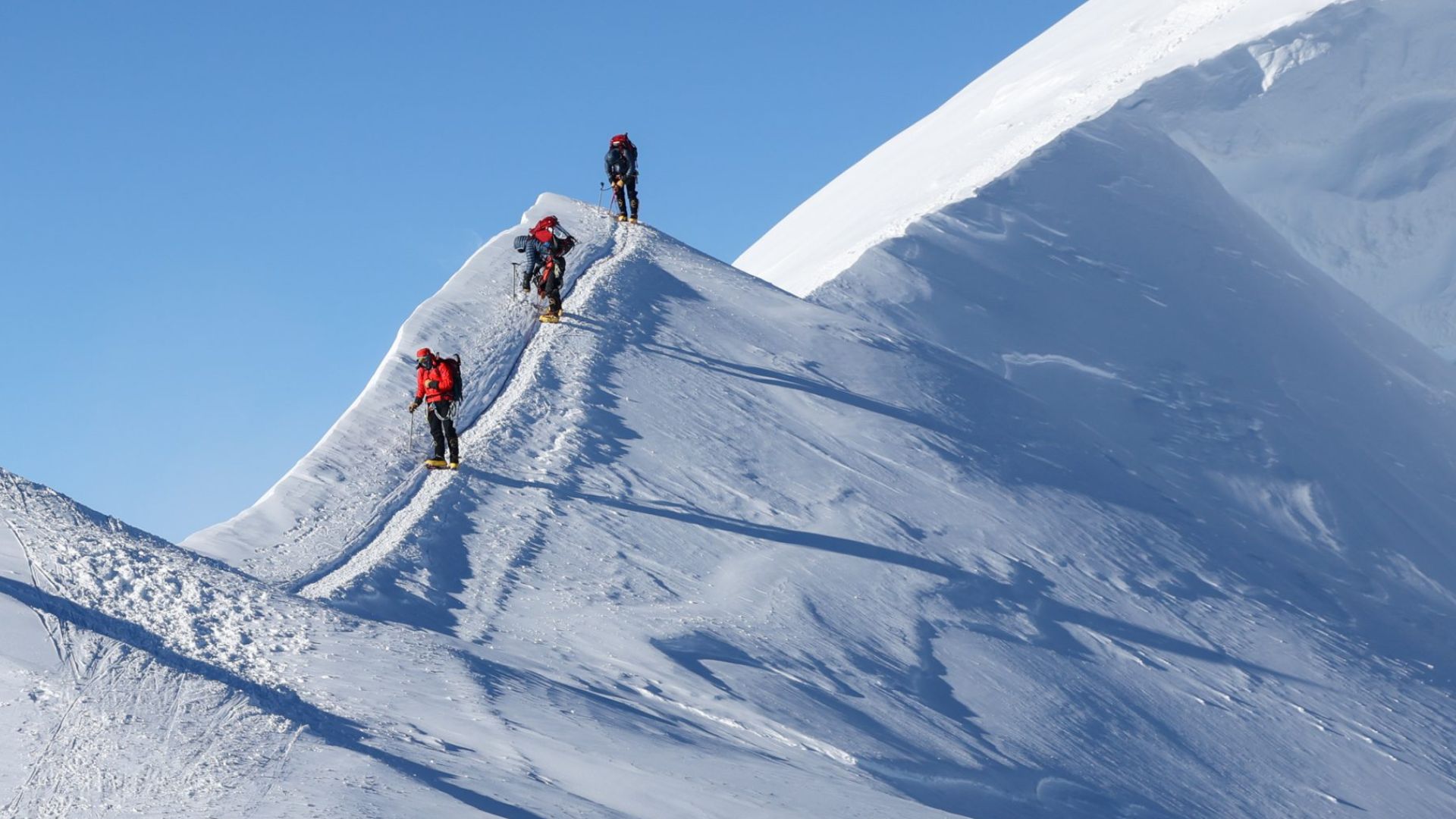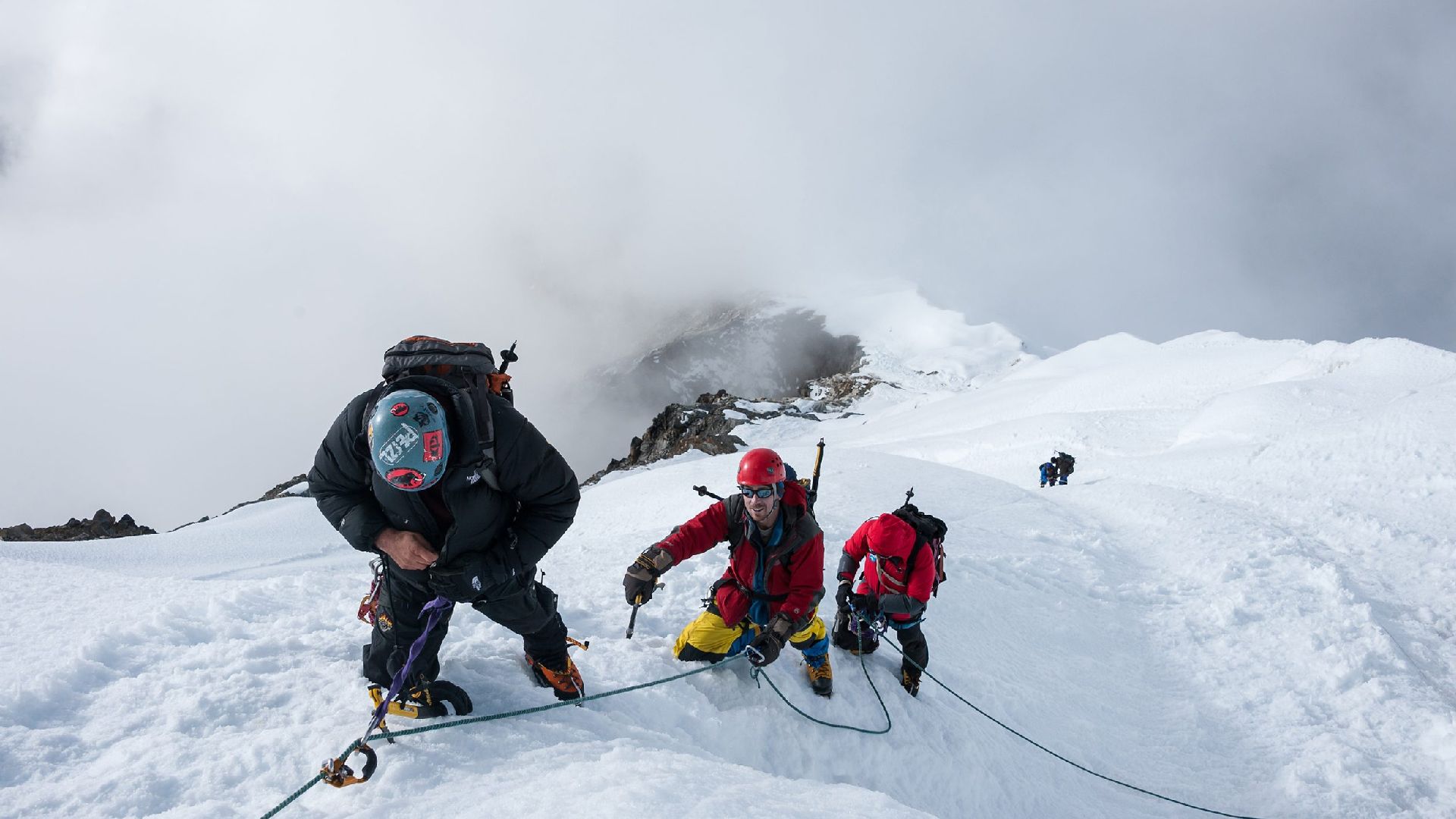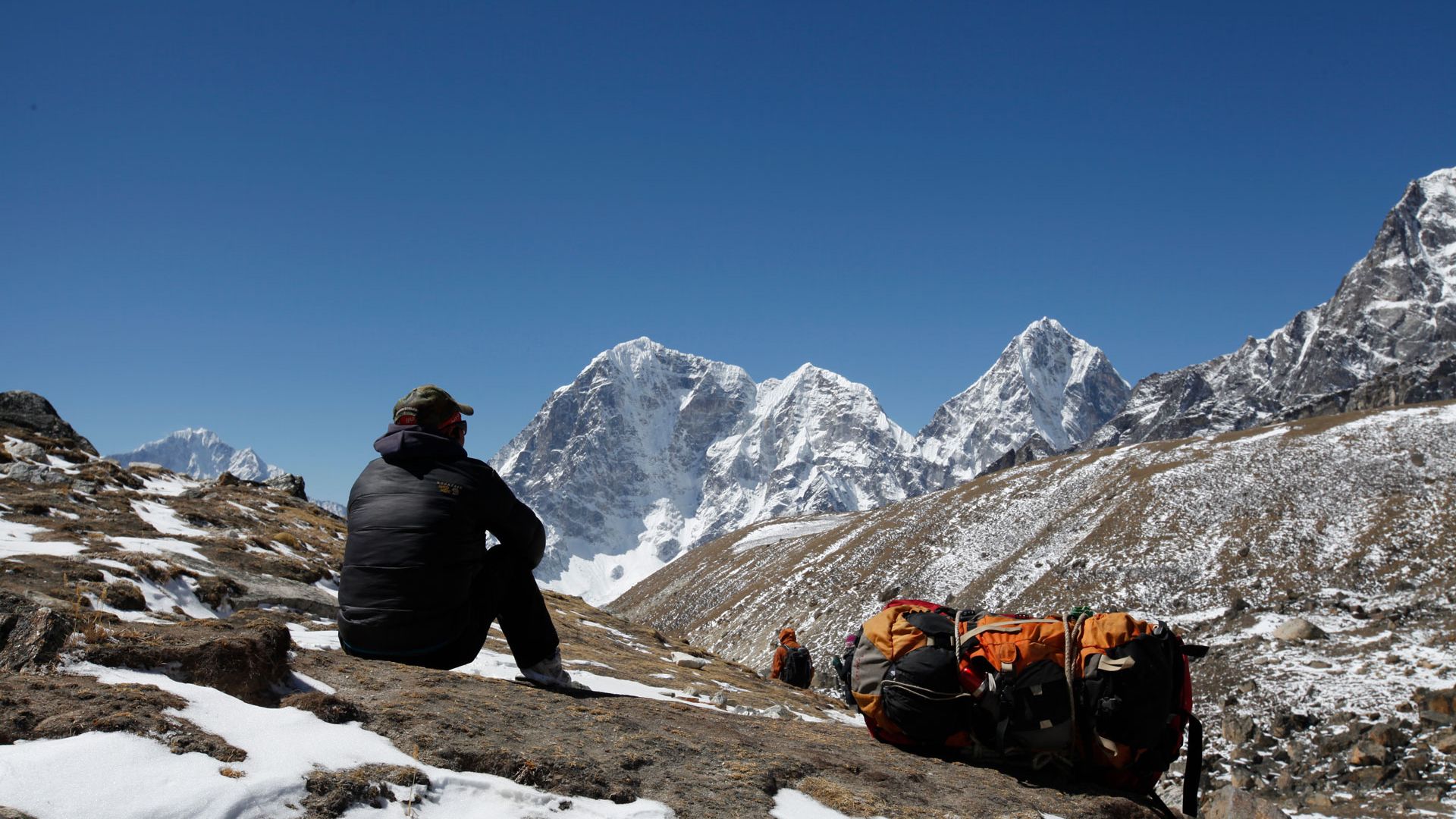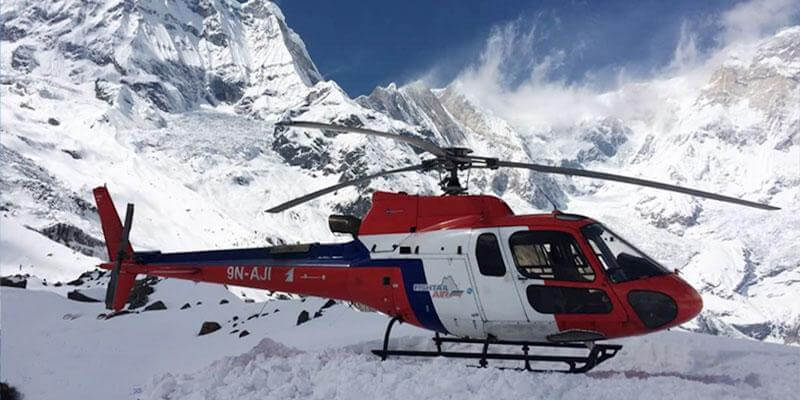Tourist Visa
The Immigration Office at Tribhuvan International Airport (TIA), under the Department of Immigration, provides visas on arrival for tourists flying to Nepal. To obtain a visa upon arrival, you must fill out an application form and provide a copy of your passport. These forms are available in the arrival hall, and some airlines also provide them during the flight. Visa registration machines are available in the immigration hall for those with electronic passports, which automatically fill out the visa form when you insert your passport. Alternatively, you can obtain a visa from Nepalese Diplomatic Missions in your home country before you arrive.
Getting to Nepal
Although there are multiple entry points into Nepal, most travelers will fly into Kathmandu, the primary entry point for air travelers. Your expedition will officially begin once you arrive in Kathmandu, where a representative will pick you up at the airport. Please provide your arrival details in advance and inform us immediately if your flight is delayed so we can make the necessary arrangements.
Domestic Flights
Domestic flights are essential for reaching regions in Nepal that are not connected by road. We will reserve your flights to the Khumbu region and other destinations mentioned in your trip program on your behalf. Due to Nepal’s challenging terrain and weather, domestic flights may experience delays. Therefore, we recommend that your return flight home be flexible and changeable.
Altitude Sickness
Altitude sickness occurs due to rapid changes in atmospheric pressure and oxygen levels at high altitudes. Symptoms can arise if you ascend too quickly without proper acclimatization, regardless of physical fitness. To prevent altitude sickness, it is best to ascend gradually.
Money
While ATMs are widely available in most city areas, they are scarce in rural regions. Different banks have varying withdrawal limits. Most hotels, restaurants, airlines, and travel agents accept credit cards. It is crucial to carry enough cash, especially in trekking areas with limited or no ATM access. Although USD is selectively accepted, having Nepalese currency on hand during your expedition is essential.
Tipping
There is no strict rule regarding tipping guides or porters in Nepal, but it is becoming more common. Tipping is at your discretion, though guides and porters often expect it, even if they do not explicitly ask for it.
Drinking Water
The water quality in Nepal is not very high, so it is advisable to use water filtration or purification tablets. Boiled water is also safe to drink. Staying hydrated is essential, especially at higher altitudes where your body requires more water.
Safety
Nepal is a safe destination for adventure activities, with a low rate of serious crime. However, it is wise to take sensible safety measures. Be vigilant about pickpockets and snatchers, especially in buses and tourist areas. Avoid carrying large amounts of cash and always inform your guide if you plan to go out during your trip.
Internet and SIM Card
Most cities in Nepal have extensive internet access, and many hotels, restaurants, and cafes offer free Wi-Fi. In remote trekking areas, internet access is limited to non-existent. Internet is available at the base camp for a fee. You can easily purchase an affordable SIM card and use a data package.
Vaccinations & Immunization
Consult your travel clinic for updated information on vaccinations and immunizations before traveling to Nepal. Commonly recommended vaccinations include Chickenpox, Diphtheria-Tetanus, Polio, Shingles, COVID-19, Hepatitis A & B, Encephalitis, Malaria, Measles, Rabies, Typhoid, and Yellow Fever.








